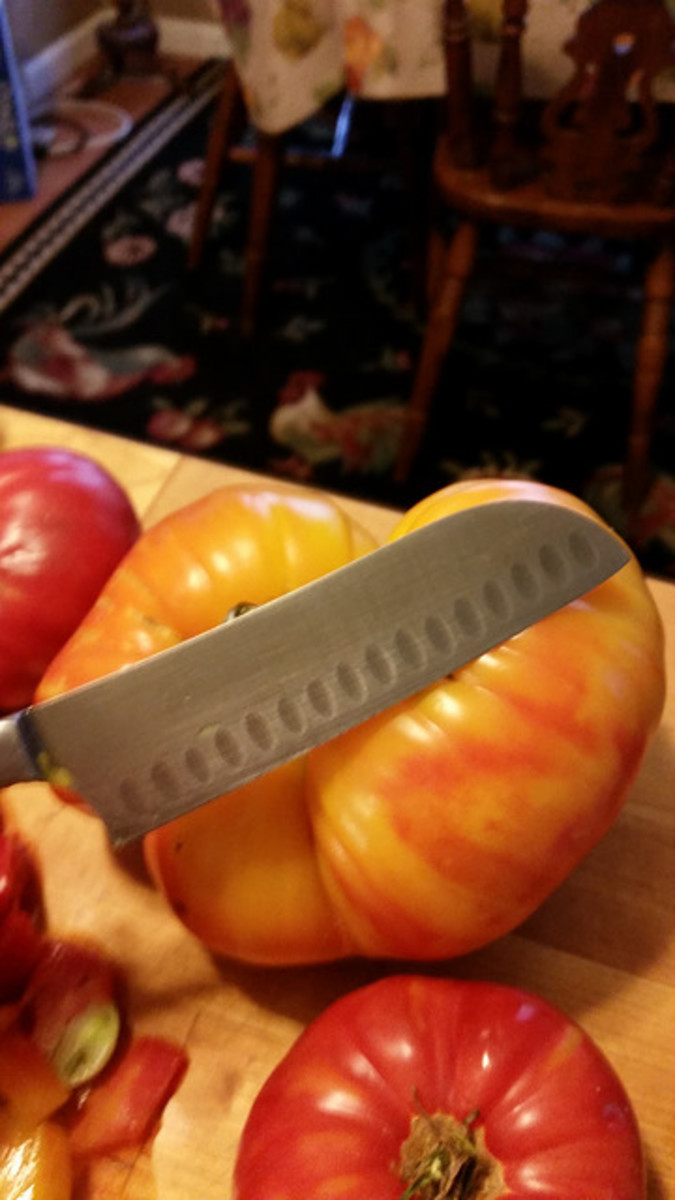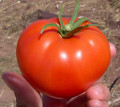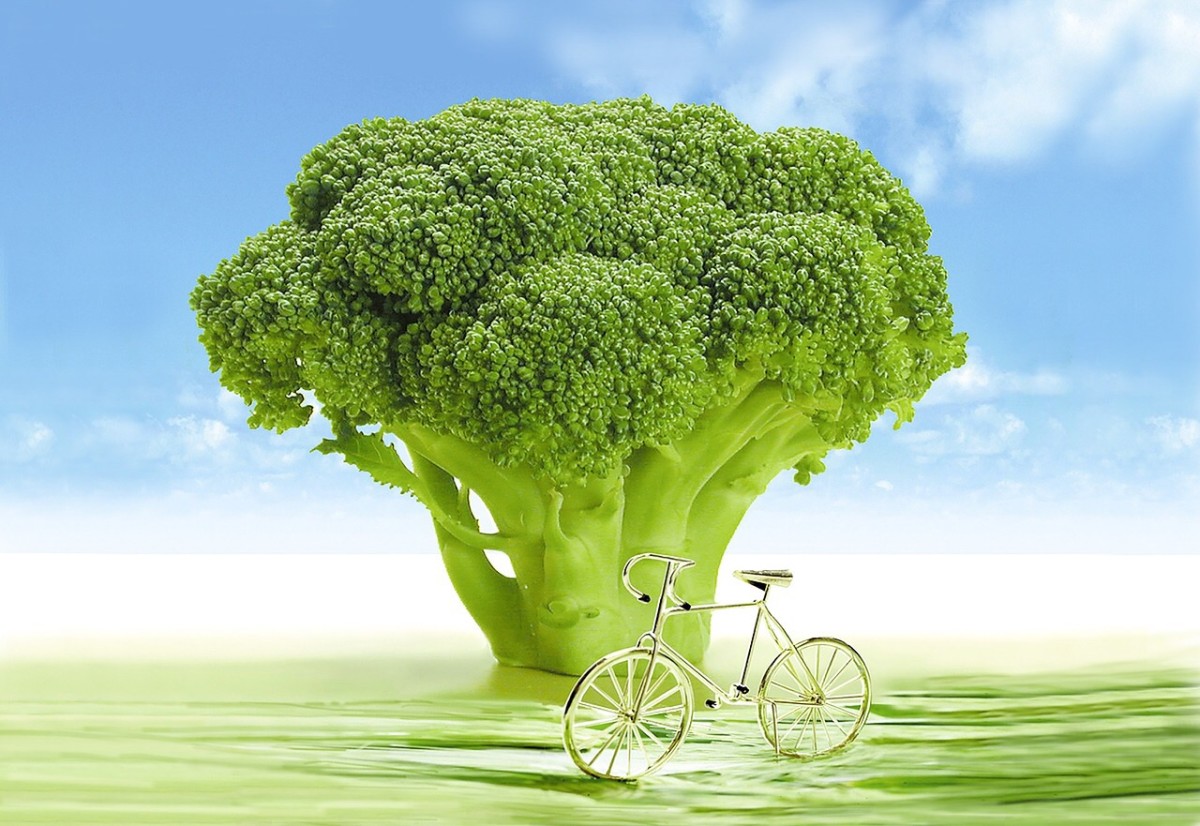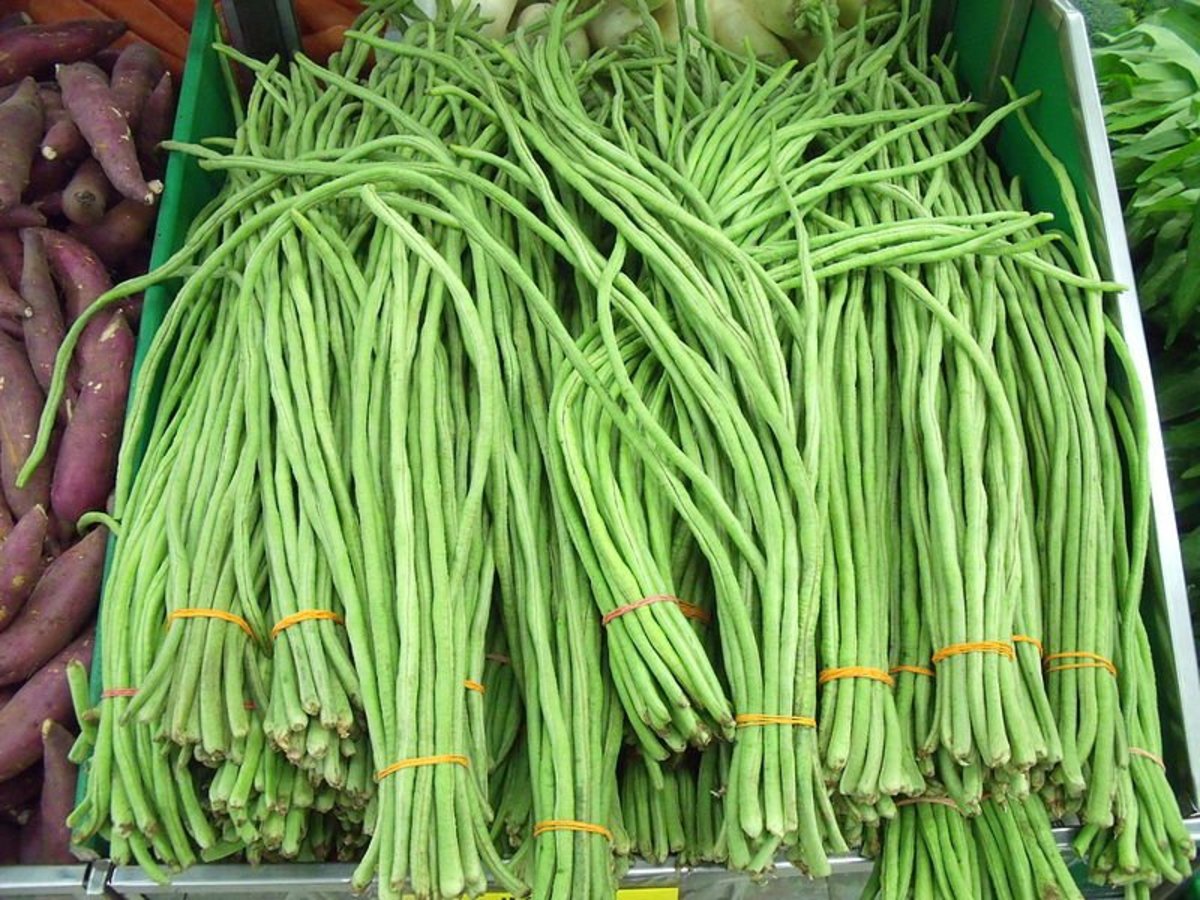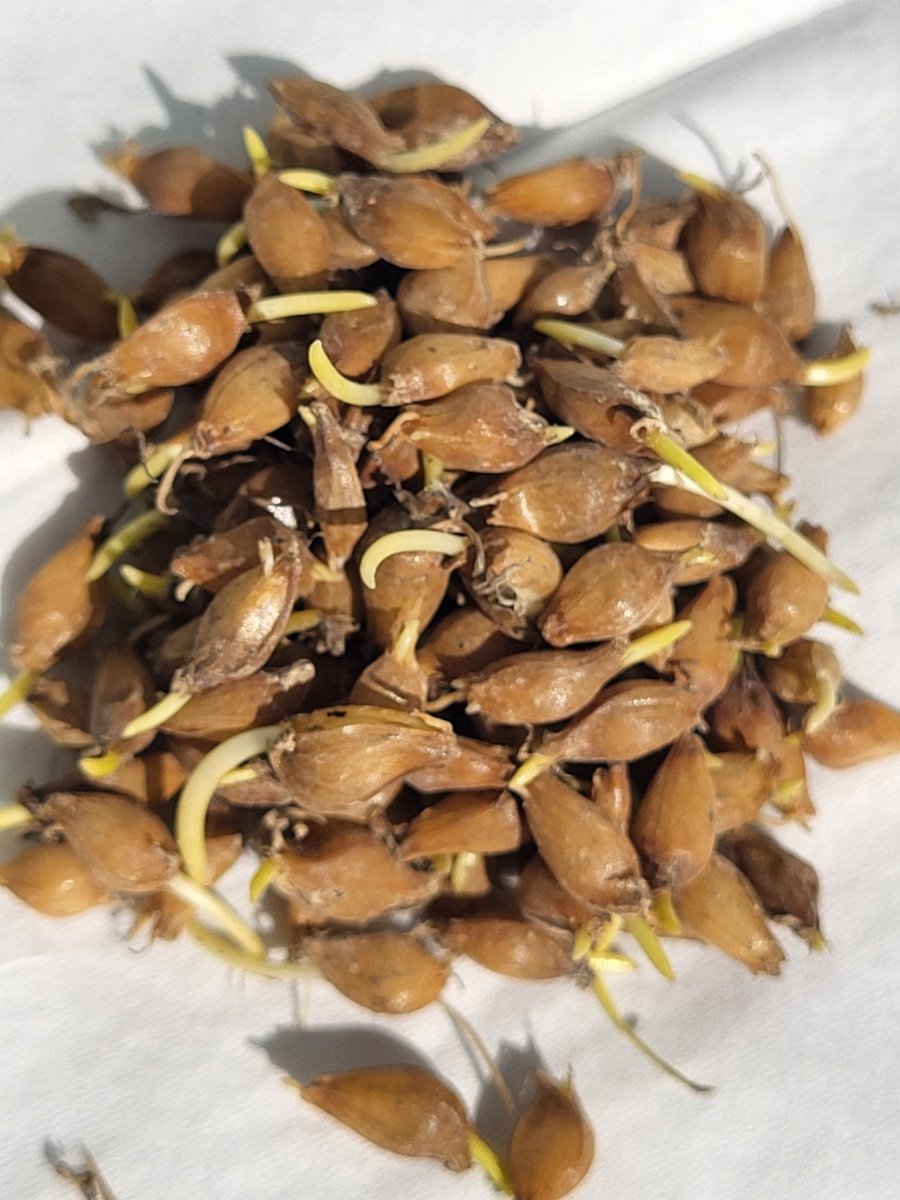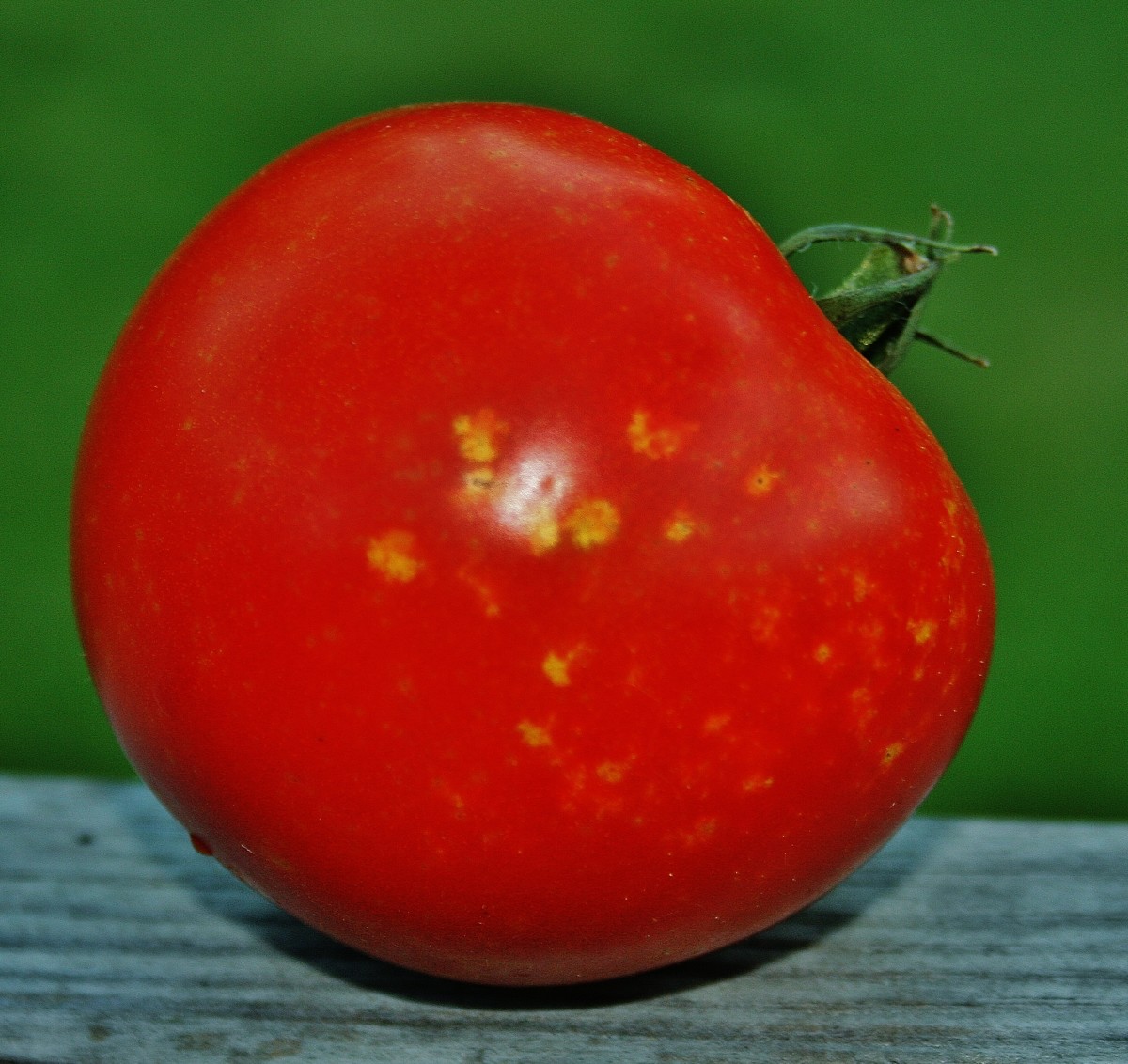Preserving Heirloom Vegetable Seed Varieties for Food Security
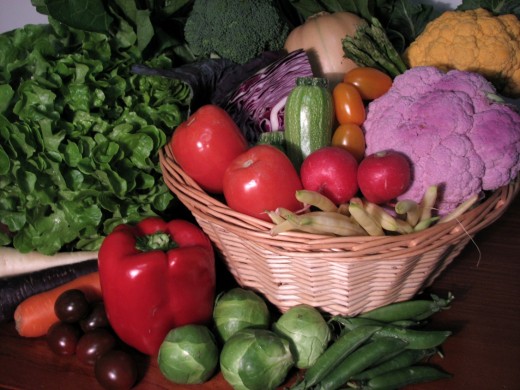
Heirloom vegetable varieties are cultivars which have be bred to grow true to type from collected seed, that is their offspring will look and taste identical to their parent plant. Another name for heirloom seeds is open-pollinated or heritage seeds.
In contrast to this are modern hybrid varieties, most of the vegetables sold in supermarkets today are hybrids which have been created by selectively breeding several varieties together to get a desired outcome. While some heirloom varieties were originally created from crosses between two other varieties also, they have been bred over many generations to produce a consistent variety nearly identical to its parent when planted from seed saved the previous year.
Modern hybrid varieties don't grow true to type, sometimes if you save the seed from them and try to grow them they won't germinate at all as they may be sterile. Other times you'll get a whole host of weird vegetables pop up from the seeds collected from one plant, each with a different shape, texture and taste but most of them lower in quality than their parent plant. This is because modern hybrid varieties haven't been bred for long enough to stabilise their genetics as the crosses are often only one (termed a F1 hybrid) or two (termed a F2 hybrid) generations old. The instability in the genetics of modern hybrid varieties is beneficial to large commercial seed companies because in order for farmers to grow vegetables with the characteristics of the hybrid varieties, they have to keep purchasing seed every year from the company that created the hybrid variety and cannot save the seed themselves. It is unfortunate that profitability comes before food sercurity in the eyes of these companies.
Heirloom seeds really are our gardening heritage. Each heirloom vegetable variety has been specifically bred in one area, often by the same family over many generations, for best results in that particular climate, or for a single or combination of specific traits such as productivity, colour, size or taste. Heirloom vegetable varieties can be sweet or more bitter, large or small and come in a range of different types of colours depending on the vegetable type. Different people have different tastes and that's okay, if there's a large number of heirloom varieties available there'll be a flavor to suit every palate. Different colored vegetables also contains different pigments and varying levels of nutrients which all provide different benefits to the human body when consumed. A varied diet is truly the most healthiest.
Unfortunately due to the logistics involved with large scale supply, the modern hybrid varieties found in shops tend to be lacking in flavor and tenderness as they have been primarily bred to transport well and look good on the shop shelves for as long as possible. Modern hybrid varieties also tend to all look rather uniform and dull as customers have come to expect their food a certain way, large supermarket chains think that a purple cauliflower might upset the people that expect them to always be white.
If no-one plants heirlooms varieties, prevents from from crossing with other varieties to maintain their genetic integrity and saves the seed for the following season the genetic diversity that was once contained within each unsaved variety will be lost forever which can have the potential to cause devastating impacts. As an extreme example, lets say that man over centuries has bred 500 heirloom varieties of broccoli. Lets say an existing disease of broccoli changes in such a way that it is now more virulent to the point where it can easily kill off the broccoli before they can produce heads. Lets also say that this new virulent broccoli disease can potentially wipe out all the modern hybrid cultivars of broccoli and 497 of the 500 varieties of heirloom broccoli, with the other three varieties having some characteristic that gives them resistance to it. We suddenly find ourselves in a situation that can go in either of two ways.
If we had preserved the richness of our broccoli variety diversity and all of the 500 heirloom varieties had been continuous grown over the years, well there would still be three varieties of broccoli out there that would still be able to be grown and eaten. These surviving varieties could then be spread around the world and would eventually adapt to the climates they may not originally been suited for and everyone will able to eat broccoli again.
On the other hand if our diversity of heirloom broccoli varieties had been reduced to say 100 cultivars, we may have lost all three of the varieties which had resistance to the new disease and we would now find ourselves with no broccoli at all to eat. Now if you don't like broccoli this might seem like a good thing, but remember if a similar situation happens to a number of different plants we could find ourselves with a food supply that is lacking in an essential nutrient. A compound may yet be discovered in broccoli that proves in the future to be the cure for some medical ailment and if there's no broccoli left such a discovery could never be made.
All in all we need to preserve diversity wherever possible both at a species level and within species. Much like ancient languages, traditional heirloom vegetable varieties have been lost over the years at an alarming rate. Grow and save the seed of heirloom vegetable varieties today to do your part for future food security.


